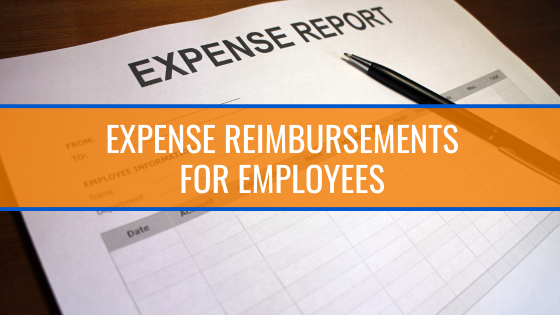Starting a Business: A Comprehensive Planning Checklist
Thinking about starting a business? There is plenty to do before you can open your doors to customers, and finding a good bookkeeping service and tax professional is at the top of the list. A lot of the pre-launch tasks for starting a business require extensive forecasting and planning. It’s a lot for a new […]
Starting a Business: A Comprehensive Planning Checklist Read More »










